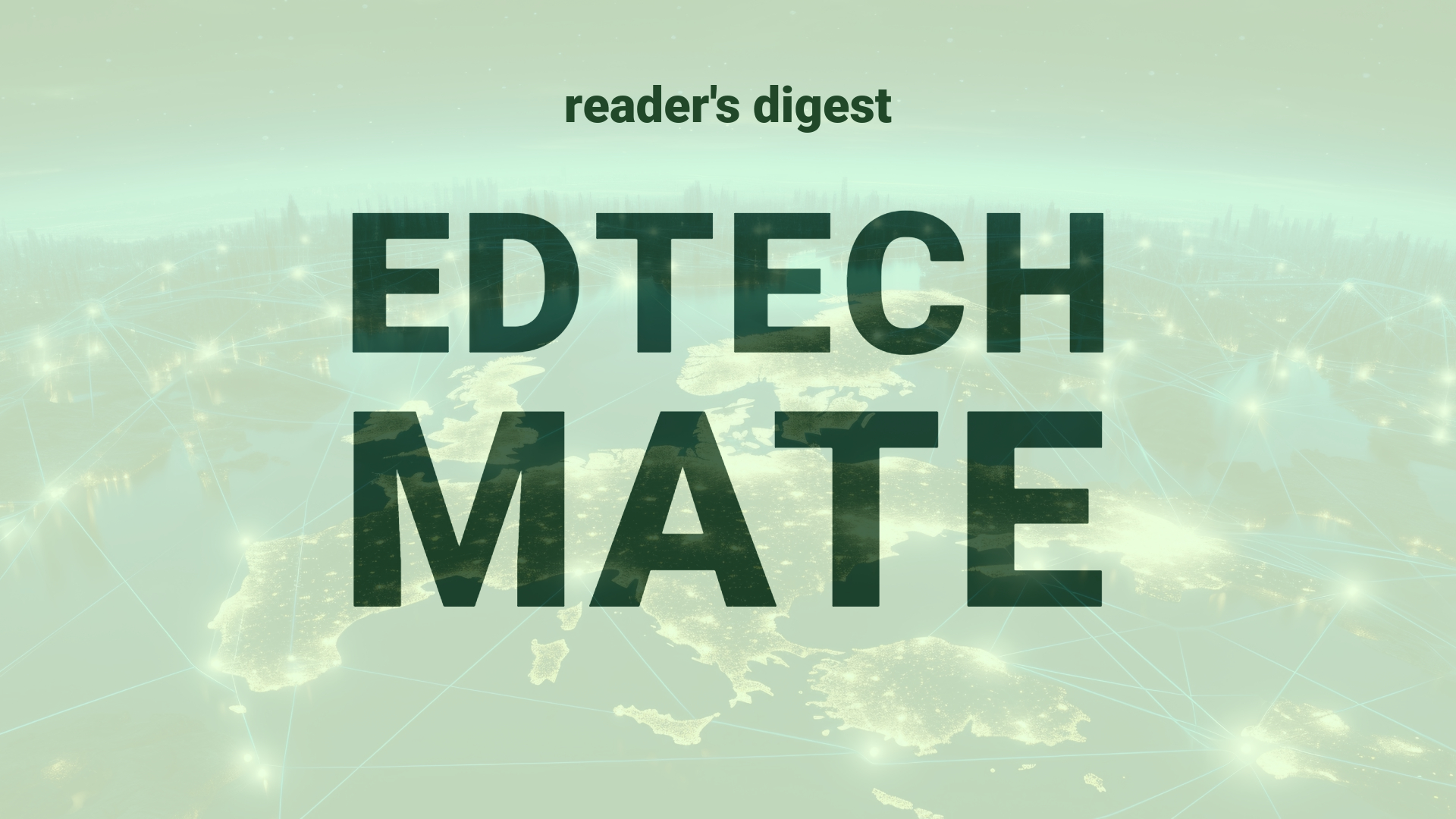“`html
Executive Summary and Main Points
In recent developments, there has been an emphasis on optimizing artificial intelligence (AI) for advanced research tasks, including literature reviews in the field of organic photovoltaics. A significant trend is the shift from generic AI interactions to prompt engineering tailored to specific tasks. Roles, tasks, and formats are being utilized to enhance AI outputs. Additionally, linked prompting helps in constructing detailed academic content sequentially. There is a growing appreciation for specialized AI tools over broad general-use models, evident in the adoption of resources like elicit.org and research rabbit, designed to cater to the nuanced demands of scientific research.
Potential Impact in the Education Sector
These advancements could revolutionize Further and Higher Education, as AI becomes capable of supplementing learning through personalized research assistance and curated content creation. Students and educators can use AI to streamline literature reviews, empower micro-credentialed courses with tailored content, and foster strategic partnerships by connecting academic fields through digitally-curated information. This shift towards digitalization emphasizes the need for critical engagement with sources, cultivating digital literacy as a key competency.
Potential Applicability in the Education Sector
AI’s innovative applications could be far-reaching, offering global education systems assistance with structuring syllabi, producing educational material, and facilitating student-led research projects. By acting as digital research assistants, AI can guide users through complex scholarly databases and adapt information for various academic levels, enhancing the research capability of institutions and individuals alike. This technology aligns seamlessly with the trend towards personalized learning and agile curricula in global higher education.
Criticism and Potential Shortfalls
While AI brings transformative potential, its use in academia warrants scrutiny over ethical considerations and dependency on technology. Without careful monitoring, AI-generated content could inadvertently lead to academic integrity issues. Additionally, educational disparities might be exacerbated if AI tools become essential, yet remain inaccessible to under-resourced institutions. Comparative international case studies reveal varied impacts of AI on pedagogy and research, showing the need for a culturally-informed approach to its implementation.
Actionable Recommendations
To leverage these technologies effectively, educational leaders should:- Promote AI literacy among staff and students to refine their prompt engineering skills.- Encourage partnerships with AI tool developers, tailoring solutions to specific educational contexts.- Establish clear guidelines for the ethical use of AI in academic work.- Invest in training to ensure educators can effectively validate and integrate AI outputs.- Explore ways to democratize access to AI tools to mitigate educational inequities.Considering these strategies will facilitate the responsible and effective integration of AI in the higher education ecosystem, strategically enhancing global academic practices. “`

